For every good shipped in and out of the country, it goes through customs officers for clearance, but does this have to cost you?
In this article, we not only answer this question but also share practical steps you can take to shift the customs clearance fee to another party or reduce the amount you’ll need to pay if you're responsible for it.
Do you need the help of a professional to clear your goods? Reach out to one of the customs experts on our team today.
Why Are These Fees Necessary?
Customs clearance fees may feel like an extra burden when importing goods, but they serve important purposes in global trade and national security.
Here's why these fees exist:
1. To Ensure Compliance With Import Regulations:
Every country has strict regulations around what can and cannot enter its borders. Customs clearance processes help enforce these laws, ensuring that prohibited items, under-declared goods, or mislabeled products are caught.
The fees support the administrative work involved in verifying the accuracy of import declarations.
2. To Protect Government Revenue:
Import duties and taxes are a major source of revenue for many governments. Customs clearance is the process through which these amounts are calculated, verified, and collected.
The associated fees help cover the cost of this critical financial function.
3. To Fund Border Security and Inspections:
Customs authorities use clearance procedures to check shipments for potential security risks, such as harmful chemicals, counterfeit goods, or undeclared electronics.
Clearance fees help fund the inspections, equipment, and manpower required to keep borders safe.
4. To Compensate Service Providers:
When a customs broker, shipping line, or courier company handles customs documentation on your behalf, they charge a clearance fee for their time and expertise.
These are professional service fees distinct from government taxes or import duties.
Who Pays for Customs Clearance
The answer to this question depends on the agreement between the buyer and the seller.
That would mean you can choose to pay the customs clearance fee yourself or pass the bill on to the business from which you are buying the goods.
The key is that both parties must agree on who will cover the customs clearance fee, as this decision determines which shipping Incoterms will apply to the shipment.
When is the Buyer to pay the fee?
In most international transactions, especially when ordering from e-commerce platforms (like Temu, Shein, or Alibaba), the buyer is responsible for customs clearance and any duties or taxes.
This is because the shipping incoterms used in these shipments are:
1. Delivered At Place (DAP):
That is, the seller is responsible for delivering the goods to the buyer at a specified location, ready for unloading. But the buyer is then responsible for import customs clearance, unloading, and any other fees or risks.
2. Cost, Insurance, and Freight (CIF):
That is, the seller is responsible for the cost of goods, insurance, and freight (shipping) up to the named port of destination. The buyer assumes responsibility for costs and risks once the goods are loaded onto the vessel at the port of origin.
When is the Seller to pay the fee?
In some cases, the seller covers all costs, including customs clearance, import duties, and taxes.
This is common in bulk shipments arranged through freight forwarders or premium international shipping options. This means you pay nothing upon delivery.
This is possible with this shipping incoterm:
1. Delivered Duty Paid (DDP):
Here, the seller is responsible for all costs and risks associated with delivering goods to the buyer's designated location, including transportation, insurance, export and import clearance, and any applicable duties and taxes.
Do You Have to Pay Customs Clearance Fees?
In most cases, yes, you do have to pay customs clearance fees when importing goods, but not always.
There are cases where you may be exempt from paying customs clearance fees. This includes:
1. Low-Value Shipments:
Some countries waive customs clearance fees for packages below a certain value (known as the de minimis threshold).
For example, Nigeria may allow items below a certain CIF (Cost + Insurance + Freight) value to pass without clearance fees based on the customs officer's discretion or internal guidelines.
2. Gifts and Personal Items:
Shipments marked as personal gifts and valued below a specific amount may be exempt.
3. FTA Benefits:
If your country has a Free Trade Agreement with the origin country, you may benefit from reduced or waived duties, though a clearance service fee may still apply.
How to Pay the Customs Clearance Fee.
There are 3 ways you can use to pay your customs clearance fee:
1. Paying Through a Courier or Shipping Company:
If your goods are shipped via a courier service, they usually handle customs clearance on your behalf.
Once the fees (duties, taxes, and service charges) are calculated, they’ll notify you and request payment before or at the time of delivery.
We only recommend this way if you are just shipping very low quantity goods or inexpensive goods.
2. Paying Through a Customs Broker or Freight Forwarder:
For larger or commercial shipments, we recommend working with customs brokers or freight forwarders to handle the clearance process and payment.
They help you calculate applicable fees, submit required documents to customs and pay duties and taxes on your behalf.
You’ll then reimburse them for these charges and their service.
At SARA, we have worked with over a thousand businesses with their customs clearance, and we can help you too.
3. Paying Directly to Customs:
If you’re clearing the goods yourself, you may need to:
- Visit the customs office or the online customs portal.
- Submit your documents (invoice, packing list, etc.).
- Generate a payment reference number (PRN).
- Pay via a designated bank or online payment platform.
Note: Self-clearing is more time-consuming and, most of the time, can get complicated, leading to delays, and it ends up costing more than it should. We don't usually recommend this to anyone.
Tips to Reduce or Avoid Excessive Fees.
Here are smart ways to reduce clearance fees or even avoid paying more than necessary.
- Use a Reliable Customs Broker or Freight Forwarder, like SARA, who knows their way around this.
- Leverage Free Trade Agreements (FTAs) between your country and other countries.
- Avoid HS code to product mismatch to prevent overpayment.
- Choose the right Incoterms, and you could potentially shift the payment to your seller.
Clear Your Goods With SARA.
Customs clearance doesn’t have to be stressful, confusing, or expensive. SARA makes it simple.
Whether you're a first-time importer or a seasoned business owner, our team of experts is ready to guide you through the entire clearance process.
We handle all the technicalities, from document preparation and HS code classification to duty calculations and timely payment, so you can focus on your business.
You can bank on us to be your trusted shipping partner, like the over 1,000 businesses that trust SARA today.
Let’s help you clear your next shipment faster, safer, and with fewer fees.
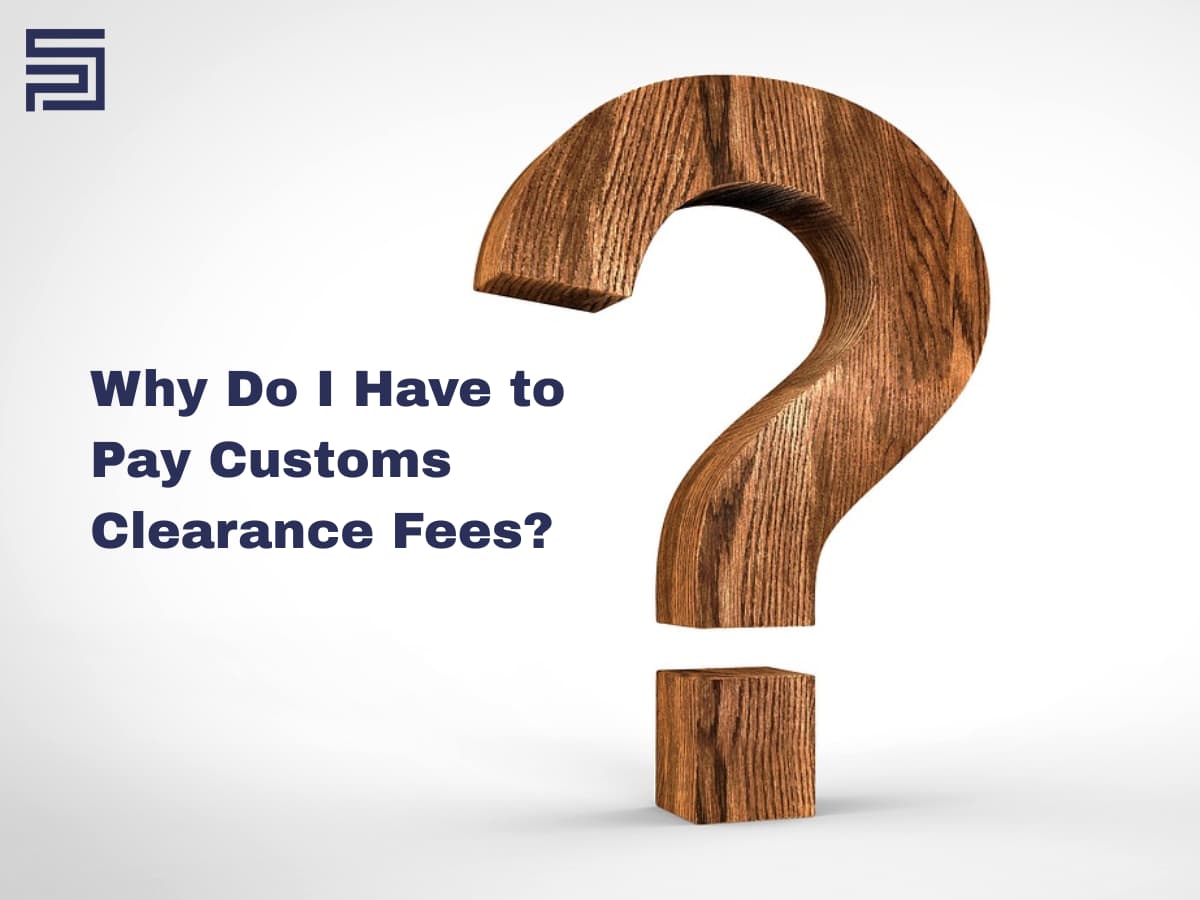

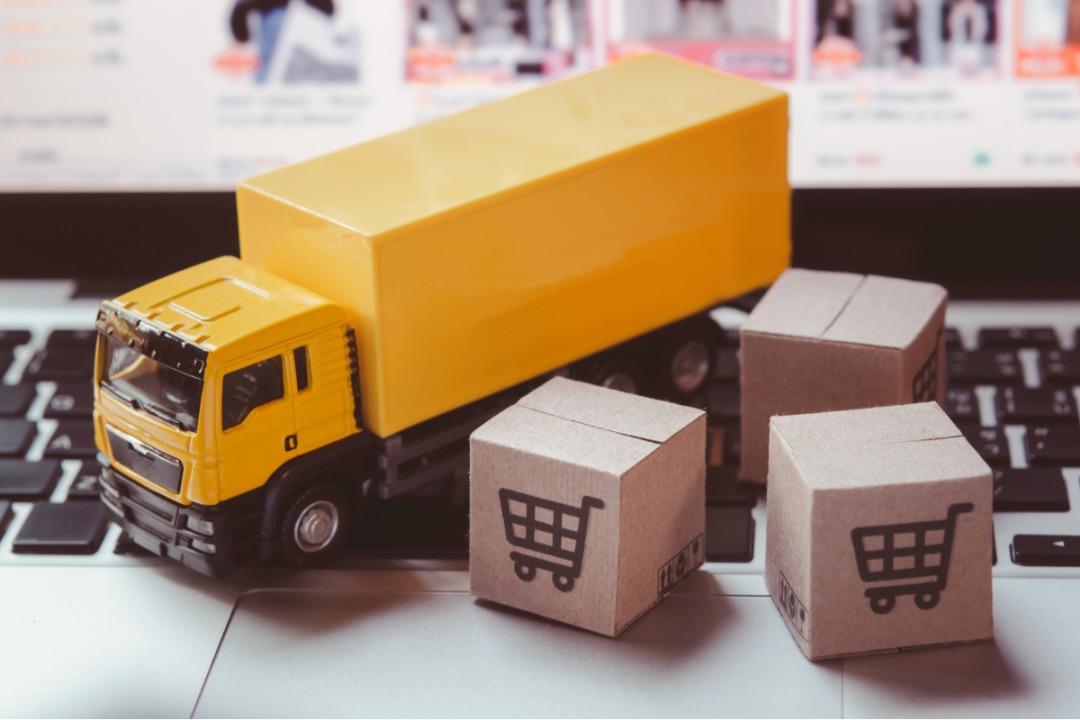
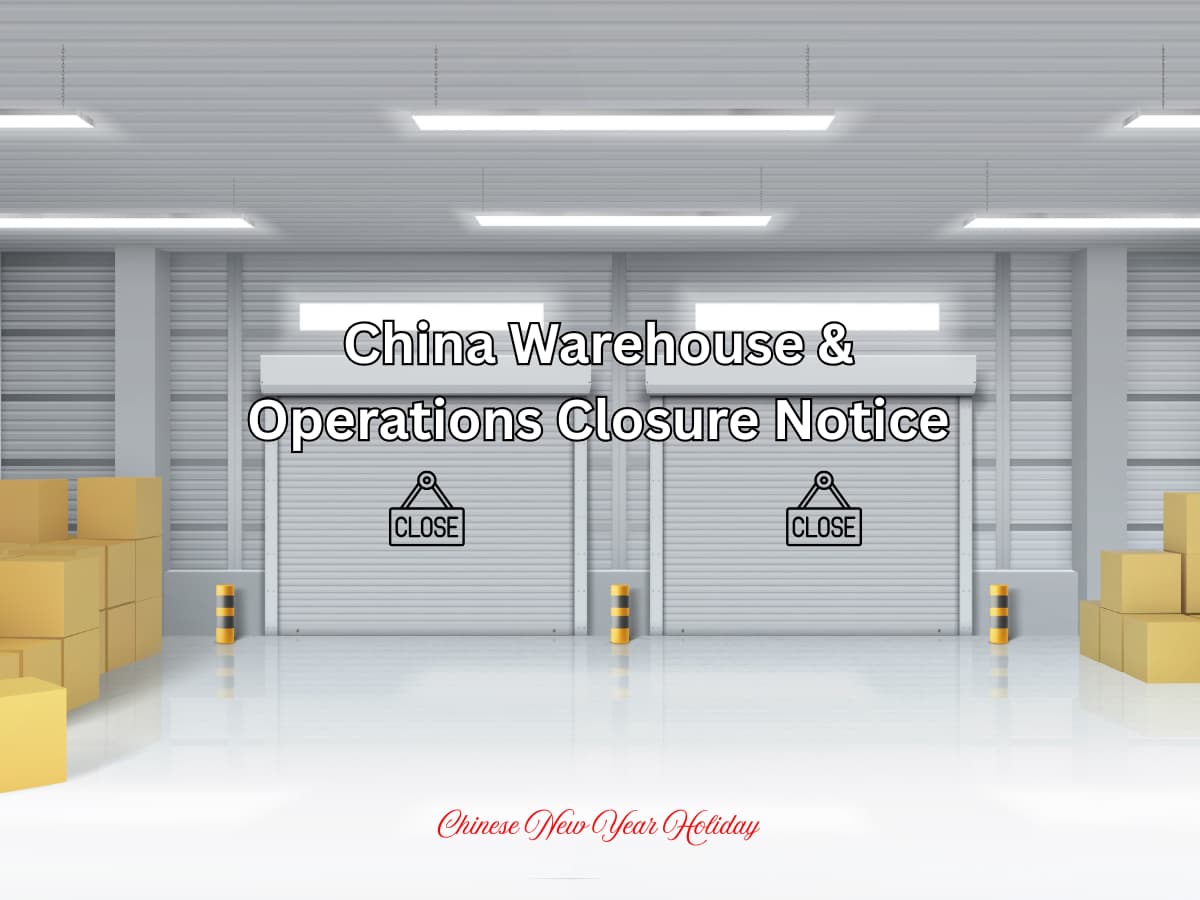
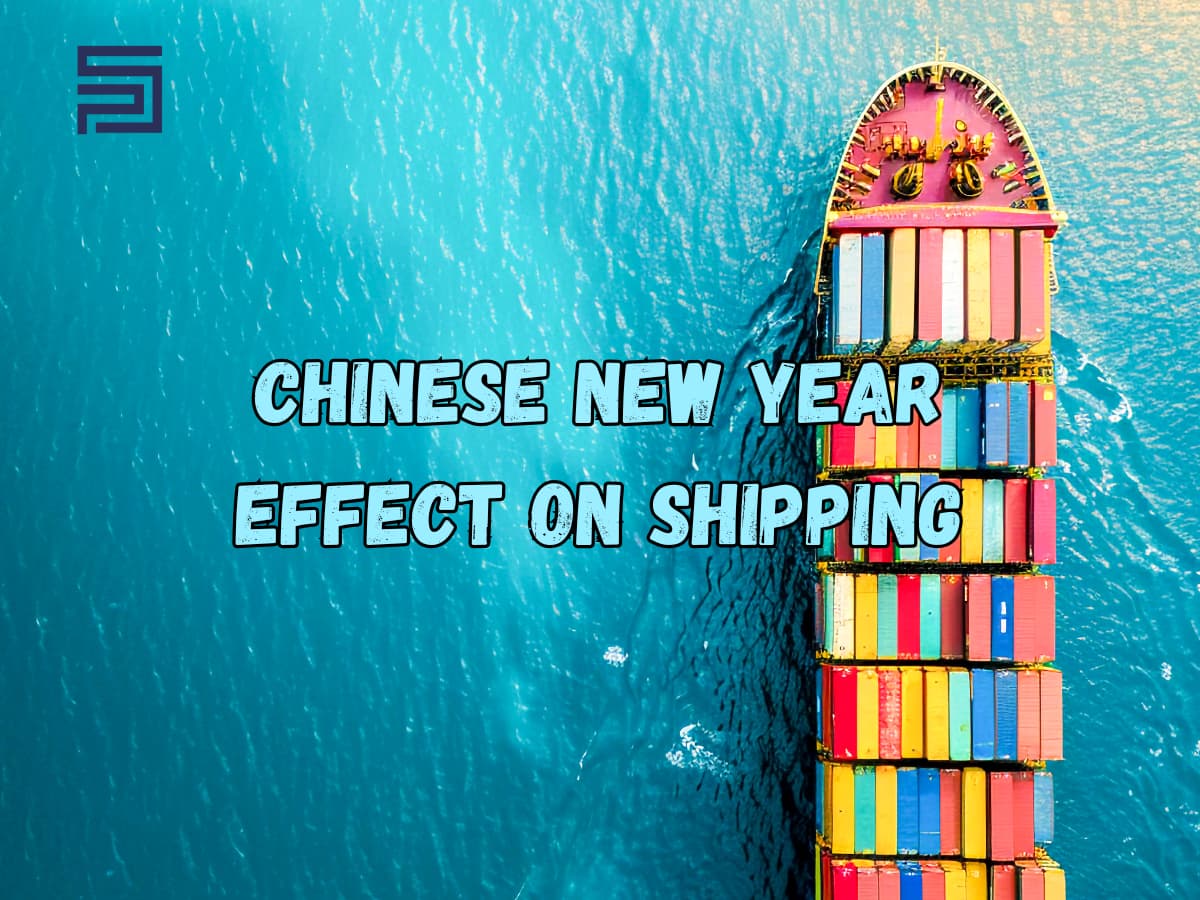
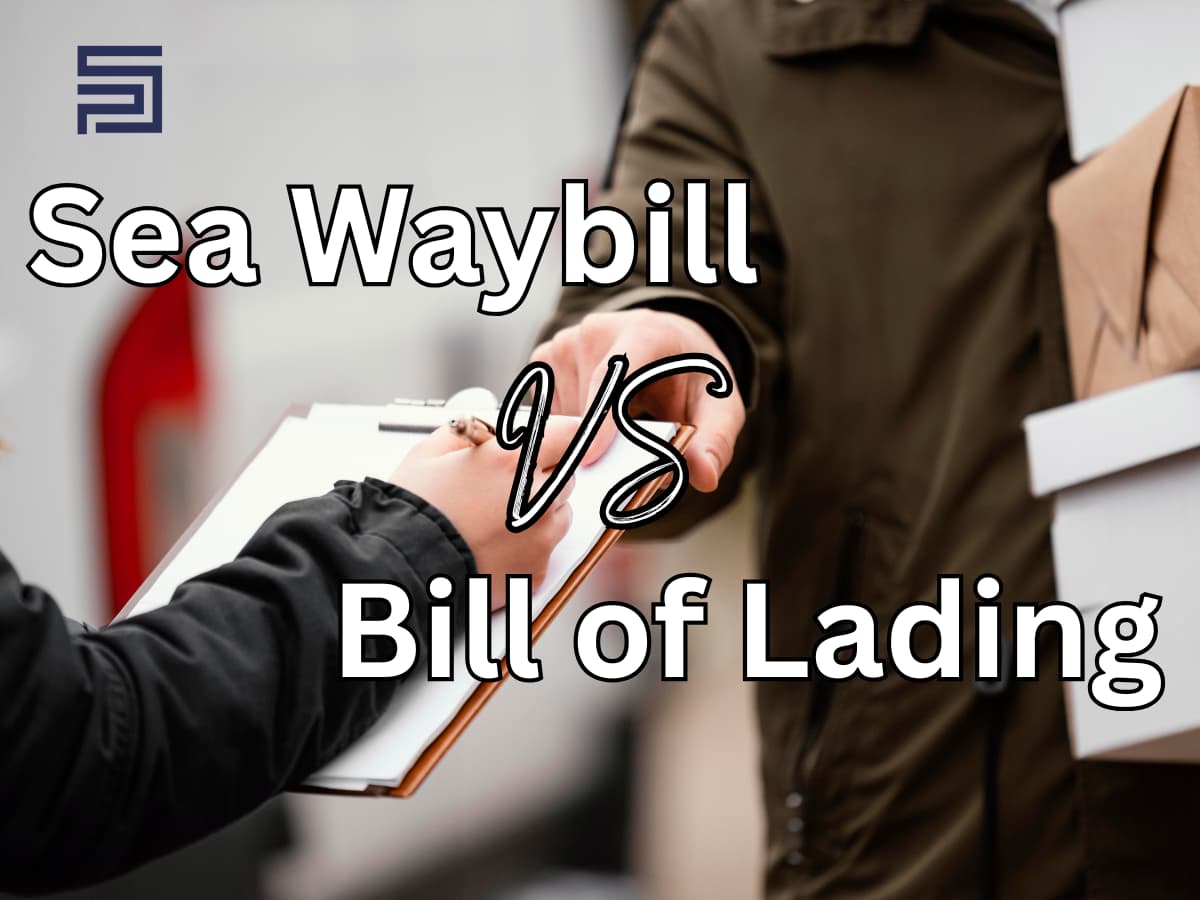
Comments
Please log in to leave a comment.